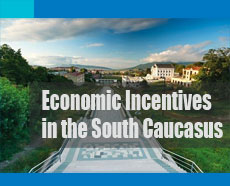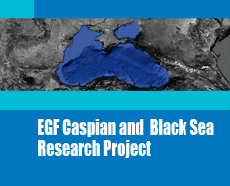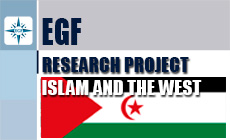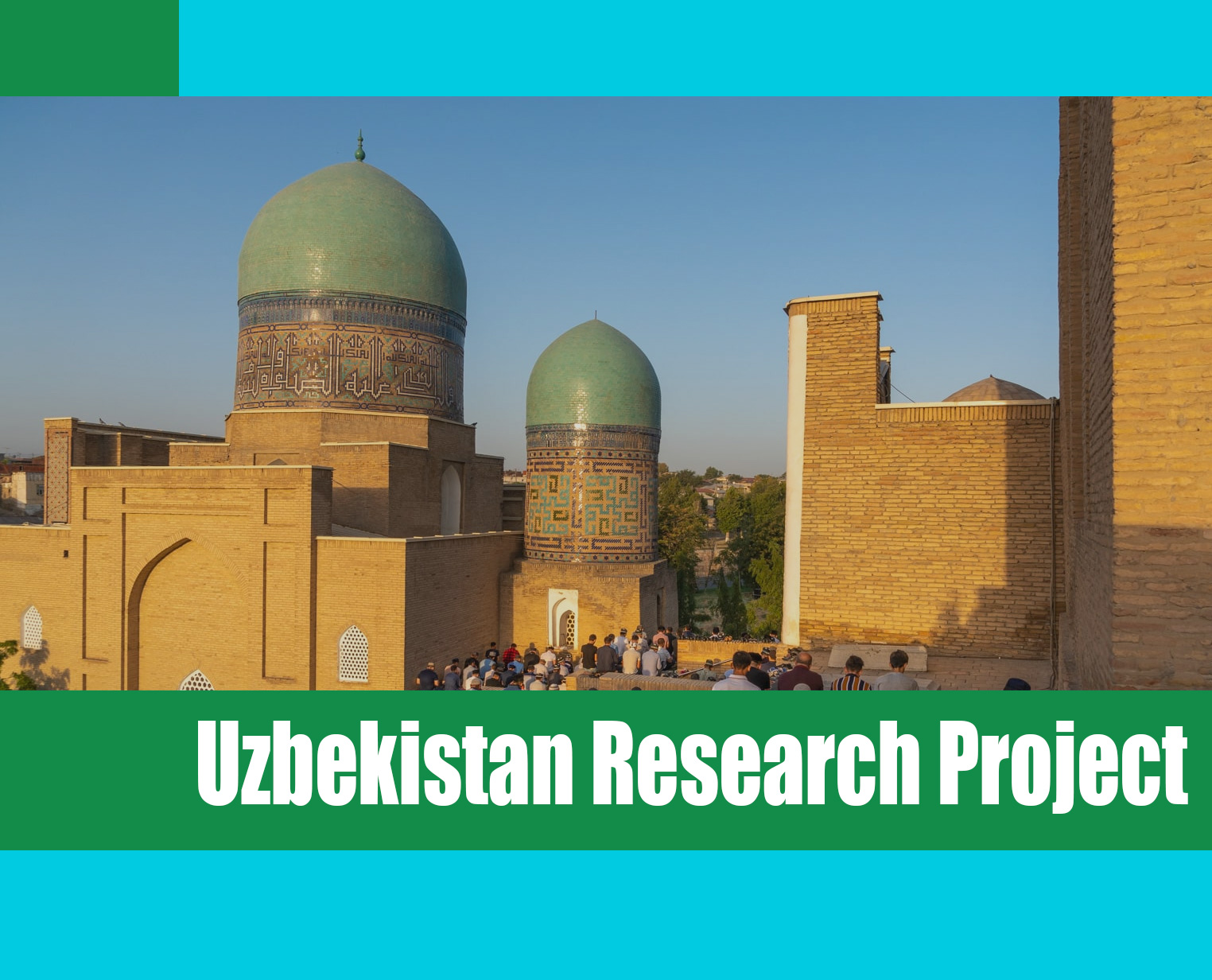
From the EGF Head of Research:
 The European Union (EU) has rediscovered the Black Sea and has developed strategic thinking on how to deal with the Russian threat, the Turkish rise, and how to pursue its own regional interests. However, its ability to ripe concrete benefits from the “EU’s Strategic Approach to the Black Sea region” is uncertain unless it succeeded to resolve the current crisis in European affairs and to effectively sustain regional peace and security. READ MORE
The European Union (EU) has rediscovered the Black Sea and has developed strategic thinking on how to deal with the Russian threat, the Turkish rise, and how to pursue its own regional interests. However, its ability to ripe concrete benefits from the “EU’s Strategic Approach to the Black Sea region” is uncertain unless it succeeded to resolve the current crisis in European affairs and to effectively sustain regional peace and security. READ MORE
News

- Is Trump’s $686m F-16 upgrade for Pakistan a message to India?December 11, 2025
- South Sudan army to secure critical Heglig oilfield in Sudan war spilloverDecember 11, 2025
- Zelenskyy rallies key allies as Ukraine faces Russian and US pressureDecember 11, 2025

In an exclusive interview with Bloomberg Adria, Dr Marat Terterov, Founder and Director of the Brussels Energy Club, and Co-founder of the European Geopolitical Forum, assessed the prospects of energy transition in Europe within a complex geopolitical context. In particular, he addressed the main challenges ahead such as: decarbonization of transports, the need for an urgent diversification of energy (in particular gas) supply sources and adjusting the energy markets to geopolitical imperatives (mainly due to EU sanctions against Russia). Regarding the latter, Dr. Terterov alluded to an older issue: “can states control markets?”. While market actors (including suppliers and consumers) do not aim to support the Russian war in Ukraine, they don’t want to become collateral damage either. Gas trading relations are usually very long term. It’s therefore still to be seen how the European gas markets actors would react to Brussels pressures to phase out Russian gas supply over the short term. Meanwhile, Russia has no interest in undermining the European energy transition, but it may be interested to maintain a share of the European gas market, at least by the time it was able to fully redirect its exports towards the East (China, Pakistan).
WATCH INTERVIEW
- Tuesday, 13 January 2026, 06:59
 By Aytaс MAHAMMADOVA, Energy Security Expert affiliated with the Caspian-Alpine Society
By Aytaс MAHAMMADOVA, Energy Security Expert affiliated with the Caspian-Alpine Society
The South Caucasus has long occupied an ambiguous place in American foreign policy, neither central to U.S. national security nor irrelevant to it. The region has historically mattered insofar as it intersected with larger geopolitical contests: between Russia and the West, between energy producers and consumers, and between stability and fragmentation along Eurasia's inner frontier. The 2025 U.S. National Security Strategy codifies a shift that will sharpen this logic, moving the United States decisively away from expansive regional engagement toward selective, interest-driven involvement. While the document does not explicitly address the South Caucasus in its regional sections, its underlying principles, such as restraint, burden-sharing, transactional-ism, and rejection of transformational agendas, will fundamentally reshape Washington's engagement with the South Caucasus states. This recalibration reflects broader strategic realities: finite American resources, diminished appetite for open-ended commitments, and recognition that regional outcomes will ultimately be determined by local power dynamics rather than external patronage. READ MORE
- Tuesday, 13 January 2026, 06:58
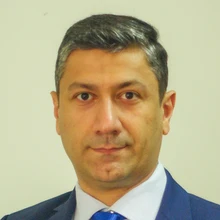 By Tabib HUSEYNOV, independent policy analyst and researcher
By Tabib HUSEYNOV, independent policy analyst and researcher
Diplomatic initiatives to end the war in Ukraine are fundamentally misguided, because they seek a political solution that remains unattainable under current circumstances. International efforts should instead focus on securing a stable ceasefire that locks in the existing contact line without conditioning its achievement on impractical and damaging political concessions on Ukraine’s sovereignty or the fate of its occupied territories. The durability of such a ceasefire should rest primarily on Ukraine’s own strength, not on international peacekeepers or Russia’s goodwill.
Ukraine and Russia are locked in a grinding stalemate. Neither can achieve a decisive military victory any time soon, and neither can accept the political terms the other demands. Russian forces make incremental advances, but at the expense of staggering losses. Latest data on Russian casualties from the Ukrainian General Staff and the Ukrainian open-source mapping project Deep State suggest that between January and December 2025, Russia lost roughly 96 troops per square kilometre taken. With roughly 5,000 square km of Donetsk Oblast still under Ukrainian control, Russia would need to sacrifice close to half a million servicemen to occupy the remainder.
READ MORE
- Tuesday, 13 January 2026, 06:54
 By Benyamin POGHOSYAN, PhD, Senior Research Fellow at the APRI Armenia
By Benyamin POGHOSYAN, PhD, Senior Research Fellow at the APRI Armenia
Armenia’s pivotal 2026 looms: a year that will test fragile peace efforts with Azerbaijan and Turkey, redefine Yerevan’s ties with the EU and Russia, and unfold amid deepening political and societal polarization.
The year 2026 could be crucial for Armenia, significantly influencing both the foreign and domestic policy trajectory of the country. Externally, the main developments to monitor are the Armenia–Azerbaijan and Armenia–Turkey normalization processes. Will the August 2025 Washington Declaration bring the restoration of all regional communications – including the opening of the Armenia-Turkey border and the signature of an Armenia-Azerbaijan peace agreement – or will it meet the fate of previous, unsuccessful attempts to establish lasting peace and security in the South Caucasus? READ MORE
- Monday, 22 December 2025, 08:31
 By Shanthie Mariet D’SOUZA, PhD, founder & president, Mantraya Institute for Strategic Studies (MISS)
By Shanthie Mariet D’SOUZA, PhD, founder & president, Mantraya Institute for Strategic Studies (MISS)
Record trade and closer ties with Taipei mark New Delhi’s shift from caution to assertiveness.
In 2024, for the first time ever, bilateral trade between India and Taiwan exceeded US$10 billion. And in the past six months alone, governments and businesses in the two countries have agreed on multipledeals that bring their semiconductor, tech, artificial intelligence, and industrial sectors even closer together, along with supply chains. These new trade partnerships support Taiwan’s “New Southbound Policy” and India’s “Act East” and “Make in India” policies, with Taiwan alone investing US$4.5 billion in India since February 2024. While the surge in Taiwanese investment in Indian companies is grounded in the economic dimension of the relationship, there is another dynamic taking place. Like most countries, New Delhi does not officially recognise Taipei. Yet its compliance with the “One China principle” – the condition set by Beijing that nations must diplomatically acknowledge there is only one Chinese government and must not establish official contacts with Taiwan – has become more nuanced. READ MORE
- Monday, 22 December 2025, 08:30
 By Fuad SHAHBAZOV, Baku-based independent regional security and defence analyst
By Fuad SHAHBAZOV, Baku-based independent regional security and defence analyst
Over the last decade, the development of Turkey’s defence industry has become a crucial aspect of its soft power diplomacy in both regional and global politics. The country has made significant efforts to invest heavily in the development of its indigenous defence industry, reducing its dependence on imports and becoming a leading defence exporter in global markets. The rapidly changing regional and global geopolitical landscape, particularly after the Arab uprisings, has prompted Ankara to expand the country’s defence industry and reduce its reliance on overseas arms procurement and international supply chains. Since the ruling AKP government came to power, the country’s indigenous defence industry has undergone a significant transformation, steadily becoming the twelfth-largest arms exporter, according to the Stockholm International Peace Research Institute (SIPRI). Given the regional instability marked by violent uprisings and sectarian conflicts, Türkiye’s pursuit of defence industry development can be understood as a primarily threat-driven strategy. This approach reflects an effort to enhance national defence capabilities and ensure strategic autonomy in response to both external security challenges and internal vulnerabilities. READ MORE
- Monday, 22 December 2025, 08:29
 By Alan WHITEHORN, Professor Emeritus in Political Science, The Royal Military College of Canada
By Alan WHITEHORN, Professor Emeritus in Political Science, The Royal Military College of Canada
The collapse of the Soviet Union in the late 1980s, led to the emergence of a number of new, but vulnerable states. Russia, Belarus, and Georgia are three examples of cautionary tales. A decade and half ago in 2011, led by the charismatic opposition leader Alexei Navalny, tens of thousands of Russians gathered together in the capital city of Moscow to protest the continuing erosion of democratic safeguards and election fraud in the increasingly autocratic regime of Vladimir Putin. Tragically, Navalny’s fate proved to be poisoning, imprisonment and a suspicious death in a remote, gulag-like prison camp. READ MORE
- Monday, 22 December 2025, 08:28
 By Vasif HUSEYNOV, PhD, Head of Department, AIR Center, Adjunct Lecturer, ADA and Khazar Universities, Baku
By Vasif HUSEYNOV, PhD, Head of Department, AIR Center, Adjunct Lecturer, ADA and Khazar Universities, Baku
The Zangezur Corridor – recently rebranded as the Trump Route for International Peace and Prosperity (TRIPP) — has become one of the most discussed and debated infrastructure projects in Eurasia. Stretching 43 kilometres through Armenia’s Syunik Province, it promises to reconnect mainland Azerbaijan with its Nakhichevan exclave and, through Türkiye, to Europe. It is a project of logistics and trade — a corridor capable of shortening cargo transit from Asia to Europe from 18 days to 12 along the Middle Corridor, reducing dependency on maritime choke points, and creating new opportunities for growth across the South Caucasus. In practice, however, the TRIPP risks becoming a stage for geopolitical contestation unless regional actors ensure that its purpose remains economic, inclusive, and depoliticized. READ MORE
- Thursday, 13 November 2025, 19:45
- The Daily BriefDecember 29, 2025
- Stratfor 2018 Second-Quarter ForecastMarch 11, 2018
- Stratfor 2018 Annual ForecastDecember 26, 2017





